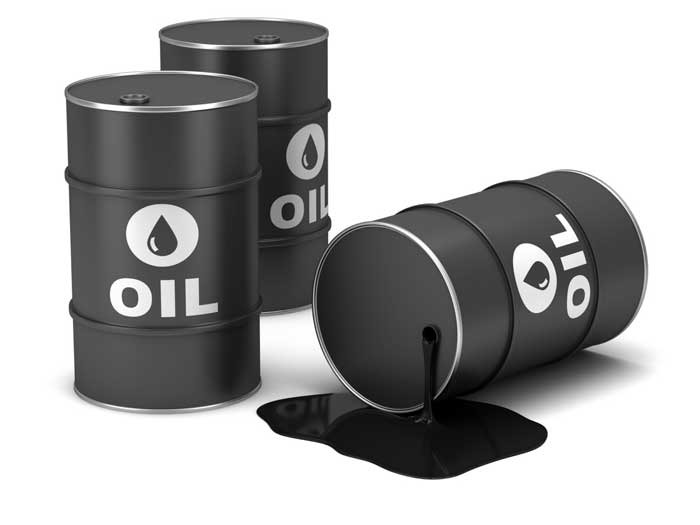Iran on Tuesday accused U.S. President Donald Trump of fanning the flames of terrorism with his travel ban on the citizens of six predominately Muslim countries, one of which is Iran.
The ban is “the biggest gift for extremist groups,” Iranian Foreign Minister Mohammad Javad Zarif said in Berlin after meeting his German counterpart Sigmar Gabriel.
These groups could exploit the discriminatory ban as an argument for recruiting new members, he said.
The U.S. Supreme Court on Monday allowed authorities to partially enforce Trump’s ban on travellers from seven Muslim countries.
They include Iran, Libya, Somalia, Sudan, Syria and Yemen who have no connection to the United States until it reviews the executive order in the autumn.
Meanwhile, Zarif praised Germany for its handling of the conflict between Qatar and Saudi Arabia.
Gabriel called on the countries opposed to Qatar to join the reconciliation talks brokered by Kuwait to end the conflict.
“The longer the crisis in Qatar continues, the deeper the lines of conflict become,” Gabriel said.
Saudi Arabia, Egypt, Bahrain and the United Arab Emirates accused Qatar of supporting terrorist groups leading them to cut diplomatic relations with the Gulf state at the beginning of June and suspend air transport links.
The countries have also called on Qatar to shut down its broadcaster Al Jazeera.
Iran and Turkey have offered their support to Qatar.
During Zarif’s visit, some 100 demonstrators gather outside the Foreign Ministry in Berlin and chanted, “The mullah regime is fascist.”
(dpa/NAN)



